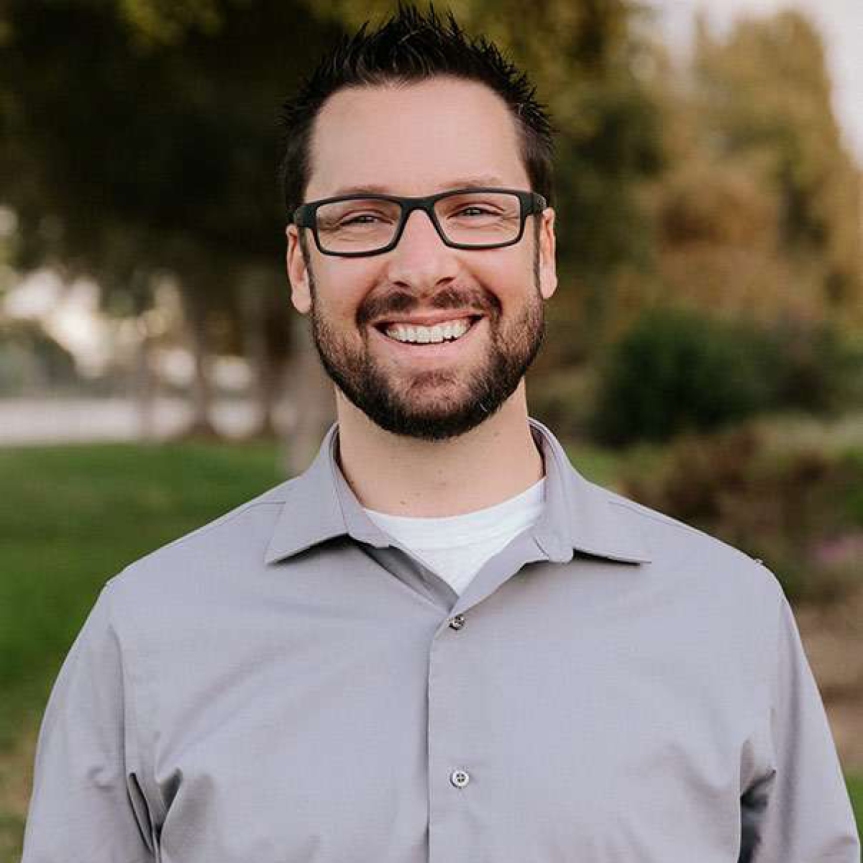by Paul Tautges | November 14, 2015 12:13 pm
One of the soberest warnings in the New Testament concerns the manner in which we approach and participate in the Lord’s Supper. Following the apostle’s repetition of Jesus’ command to regularly “do this in remembrance of Me” (1 Corinthians 11:23-26), he exhorts:
27 Therefore whoever eats the bread or drinks the cup of the Lord in an unworthy manner, shall be guilty of the body and the blood of the Lord. 28 But a man must examine himself, and in so doing he is to eat of the bread and drink of the cup. 29 For he who eats and drinks, eats and drinks judgment to himself if he does not judge the body rightly. 30 For this reason many among you are weak and sick, and a number sleep. 31 But if we judged ourselves rightly, we would not be judged. 32 But when we are judged, we are disciplined by the Lord so that we will not be condemned along with the world.
This warning to take God’s judgment seriously was prompted by the reality of the Corinthian’s self-exaltation, which was manifested by sinful living, pride, divisions, self-satisfaction, and contempt for others (read 11:17-22). In fact, things were so bad that God’s judgment had already begun, and some were experiencing illness and even death. Therefore, in response to the warning of God’s judgment upon those who eat of the bread and drink the cup of the Lord in an unworthy manner, what should we do? How should we prepare for a Communion service?
EXAMINE YOURSELF
Communion is a time to examine your own heart, not primarily the hearts of others. I say primarily since the leaders of a local church and its members do have the biblical responsibility to discipline its members who are living in unrepentant sin. This discipline includes–when necessary–exclusion from participation at the Lord’s Table. So, there is a time to examine others, in a proper, biblical manner. When this is the case, the public discipline of a member is a firm reminder to all of us to practice repentance as a lifestyle.
Foremost in our minds, however, when preparing for the Lord’s Supper, should always be the state of our own relationship with God. Is there personal sin that you are cherishing in your heart (Psalm 66:18), of which you must repent? Spend time in personal confession of sins to the Lord and then rest in the promise of His forgiveness (1 John 1:8-9).
STRIVE TO RESOLVE CONFLICTS
Scripture places the irrevocable duty upon believers to make every human effort to resolve the conflicts[1] they have with others, primarily with other professing believers, and before attending public worship (Matthew 5:24). Conflict was certainly one of the issues the apostle confronted in his letter to the Corinthians, some of whom were even going as far as suing each other in the secular court (1 Corinthians 6:1-8). When anger is left to turn into resentment then ground is given to the devil for his destructive work, and bitterness defiles many people (Ephesians 4:26; Hebrews 12:15). Biblically speaking, there simply is no acceptable, justifiable “out” for the person who claims to know Christ but also refuses to be reconciled.
But what do you do if a person who professes to know Christ refuses to be reconciled to you? What then? What do you do? Must you abstain from taking communion until that person is willing to resolve the conflict biblically? Must you put your own Christian life “on hold” while they remain unwilling to heed God’s command? Scripture answers, No. If you have made multiple attempts to resolve a conflict, but the other person refuses, you must pray for your enemy (Matthew 5:44) and rest in the truth of Romans 12:18-19,
If possible, so far as it depends on you, be at peace with all men. Never take your own revenge, beloved, but leave room for the wrath of God, for it is written, “Vengeance is Mine, I will repay,” says the Lord.
If you have tried everything to be at peace with that person, as far as it depends upon you, then you need to rest in the fact that God knows the steps you have taken, He knows your heart’s desire to be reconciled, and you must let God be God by leaving room for Him to carry out His work.
PREPARE YOUR MIND AND HEART
Here are a few practical suggestions:
- Read one or more Gospel accounts of the crucifixion in Matthew, Mark, Luke, or John.
- Read Psalm 22 or Isaiah 53, meditating on the prophecies concerning the Messiah’s suffering.
- Sing a cross-centered hymn or worship song, thinking deeply about the truths conveyed in the lyrics. Here are few suggestions: And Can It Be?, Hallelujah! What a Savior, In Christ Alone, I Will Glory in My Redeemer, The Power of the Cross, When I Survey the Wondrous Cross, and many more.
- Spend time in prayer, asking the Holy Spirit to prepare your heart to worship the Lord in a worthy manner.
- Spend time in prayer for tomorrow’s Communion service. Pray for all who come to partake, the musicians, choir, Scripture readers, and preacher. Pray the Spirit leads all to exalt Christ.
Tomorrow, as you join with other believers who love the Lord Jesus Christ, make the necessary preparations.
LISTEN TO THE SERMON: How To Take Communion[2]
*If you were blessed by this article, please consider subscribing to the blog by entering your email in the box in the right margin.
Related
Endnotes:
- make every human effort to resolve the conflicts: https://counselingoneanother.com/2012/06/29/resolve-conflict-asap/
- How To Take Communion: https://www.sermonaudio.com/solo/cornerstonecc/sermons/92222134931865/
Source URL: https://counselingoneanother.com/2015/11/14/avoid-taking-communion-in-an-unworthy-manner/
Copyright ©2024 Counseling One Another unless otherwise noted.




You must be logged in to post a comment.